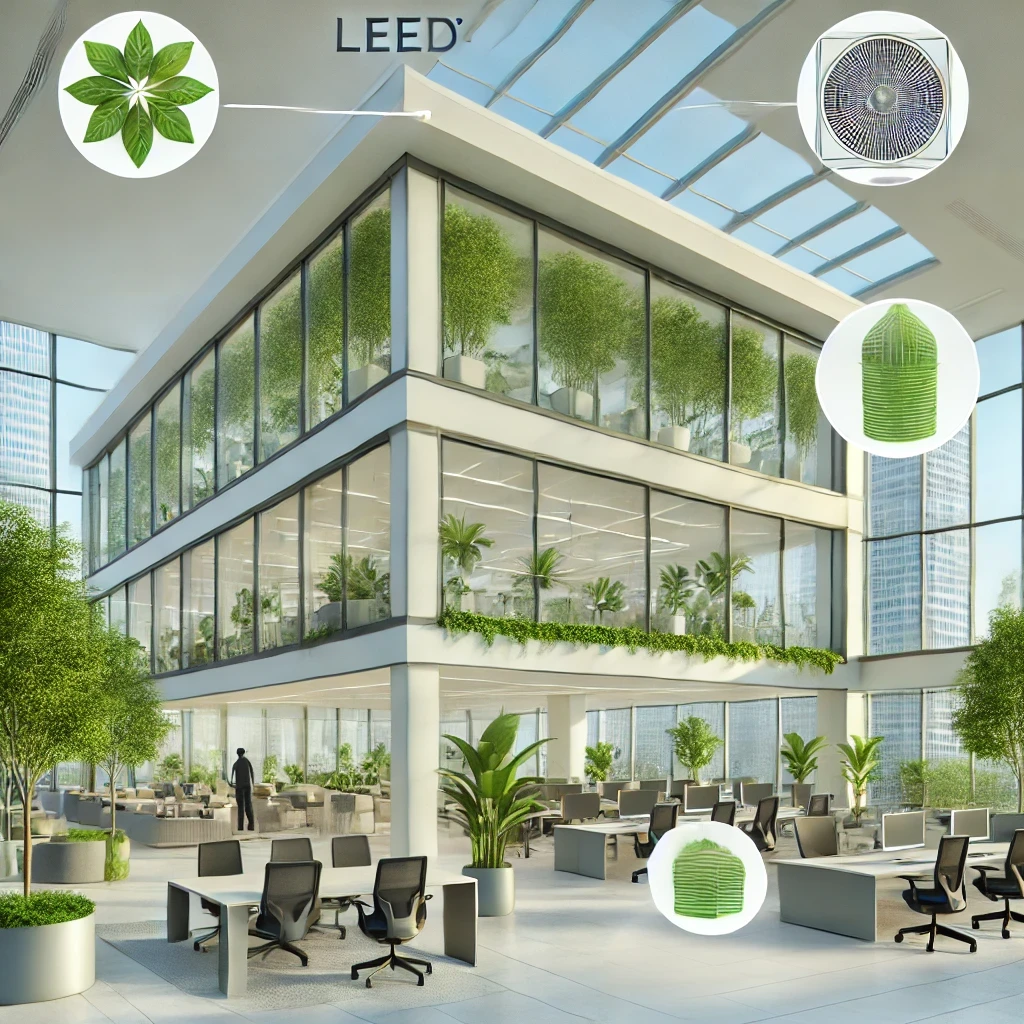Indoor Environmental Quality (IEQ) is one of the most human-centric aspects of green building. In the UAE’s rapidly growing urban environment, creating healthy, comfortable, and efficient indoor spaces is essential. The LEED (Leadership in Energy and Environmental Design) rating system ensures that buildings prioritize occupant well-being through its Indoor Environmental Quality (EQ) category.
At leeduae.com, we help project teams implement the right IEQ strategies to enhance air quality, thermal comfort, lighting, and acoustics—aligning with both global standards and regional needs.
Core Strategies for Achieving High IEQ in LEED
1. Enhanced Indoor Air Quality
In a region where air quality can be affected by dust and high temperatures, maintaining clean indoor air is a top priority:
Compliance with ASHRAE 62.1 for ventilation
Use of MERV 13+ filters or HEPA filtration
Demand-Controlled Ventilation (DCV) and CO₂ monitoring
Separate exhaust systems for kitchens and restrooms
2. Low-Emitting Materials
LEED encourages materials that reduce chemical emissions:
Low-VOC paints, adhesives, sealants, flooring
Formaldehyde-free wood products
Interior finishes certified for low emissions
3. Thermal Comfort
Occupant satisfaction in the UAE’s hot climate depends on consistent and adaptable thermal control:
ASHRAE 55 compliance for thermal comfort
Operable controls for temperature zones
High-performance glazing and insulation
4. Daylight Access and Views
Natural light and outdoor views improve well-being:
Smart facade design for daylight optimization
Daylight sensors and automatic dimming
Positioning workspaces near windows
5. Acoustic Comfort
Noise control is vital in mixed-use buildings:
Soundproofing between rooms and floors
Acoustic ceiling tiles and carpeting
Quiet HVAC systems
6. Pollution Control
Preventing indoor air contamination is key:
Entryway systems to block dust and debris
Smoking restrictions and designated outdoor areas
Localized exhaust for pollutant-heavy zones
7. Green Cleaning and Maintenance
Post-occupancy performance matters:
Eco-friendly cleaning agents
Regular HVAC system maintenance
IAQ testing after construction
Benefits of High IEQ in UAE Buildings
Health & Comfort – Reduces risks of allergies, asthma, and fatigue
Productivity Boost – Better focus and cognitive performance for occupants
Energy Savings – Integrated daylighting and HVAC strategies reduce load
Higher Property Value – Attracts premium tenants and retains employees
Sustainability Compliance – Supports Estidama, Dubai Green Building Regulations, and Net Zero Carbon targets
Conclusion
Indoor Environmental Quality is more than a LEED credit it’s a commitment to human-centered design. For UAE-based projects, implementing robust IEQ strategies means healthier, more efficient buildings that are aligned with both environmental goals and occupant well-being.
leeduae.com guides you through every step of your LEED journey, ensuring your project delivers excellence in both sustainability and indoor experience.

